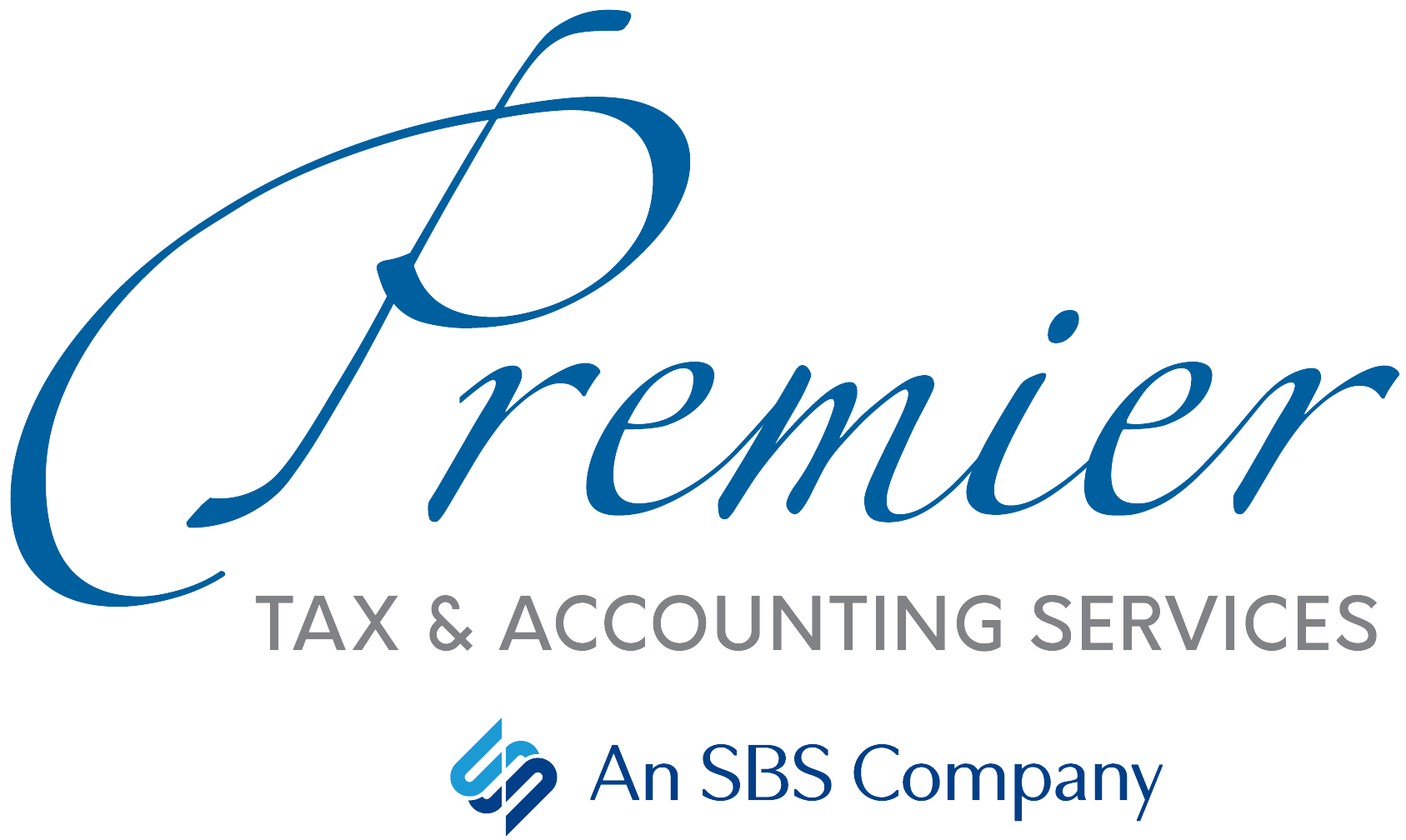I f you were among the first to receive a Paycheck Protection Program (PPP) loan, you may have recently received a notice from your lender that payment was due. This is because those early loans generally provided for a six-month deferral period.
However, the SBA just updated its guidance to clarify the deferral period for ALL PPP loans — including those that were approved before the Paycheck Protection Flexibility Act became law on June 5. According to the new rules, lenders must extend the deferral period for PPP loan payments to either:
- The date the SBA remits the borrower’s loan forgiveness amount to the lender, OR
- 10 months after the end of the borrower’s loan forgiveness covered period (if the borrower does not apply for loan forgiveness).
What Does This Mean?
Basically, this means you have several more months. Which is good, because you probably don’t want to file for loan forgiveness until the questions surrounding tax deductibility and automatic forgiveness are resolved. Here’s why:
Deductibility of expenses: Forgiven PPP loans are not taxable income, but IRS Notice 2020-32 declared that no tax deduction is allowed for an expense that is otherwise deductible if the payment of the expense results in forgiveness of a PPP-covered loan. The position is that allowing the deductibility of expenses paid with PPP funds would result in a double-dipping scenario. The AICPA and other organizations have urged Congress to allow full deductions for PPP-related business expenses, but congressional action has not yet been taken on this.
Blanket forgiveness: Some members of Congress have proposed legislation that would allow for a simpler forgiveness process for loans under a certain amount (possibly $150,000 and below). Again, no congressional action has been taken yet.
By the time the PPP loan program stopped accepting applications on August 8, the SBA had approved roughly 5.2 million loans totaling $525 billion — leaving almost $134 billion of congressionally approved funds unspent.
What We Do Know About PPP Loan Forgiveness
If you’re eager to file for PPP loan forgiveness, keep in mind:
Forgiveness application due date: There is no defined deadline for submitting the forgiveness application, but loan payments will be required to begin 10 months after the end of the covered period (as noted above). Once you submit a forgiveness application, it triggers deadlines for lenders and the SBA. Lenders have until 60 days after the forgiveness application is received to issue a decision to the SBA. The SBA then has 90 days after receiving the decision from the lender to review the application and remit the forgiveness amount to the lender with any interest accrued through the date of the payment.
Early applications for loan forgiveness: These are permitted, but an eight- or 24-week covered period will still apply. If your loan was funded before June 5, 2020, you can choose to keep the eight-week covered period or move to the 24-week period. If your loan was funded after June 5, 2020, you must use a 24-week covered period. Whether you choose eight weeks or 24 weeks, you may apply for forgiveness before the end of the covered period — but doing so lowers the maximum eligible compensation (amounts would be prorated).
Definition of an owner-employee: The PPP loan forgiveness application established a PPP owner-employee compensation rule for determining the amount of compensation eligible for loan forgiveness. The IRS later defined an owner-employee as someone who is both an owner and an employee of a C corporation, and that the PPP owner-employee compensation rule does not apply to individuals with less than a 5% stake in a C or S corporation.
So … What Should You Do?
With so much uncertainty still hovering around the PPP loan forgiveness process, we suggest that you wait a bit longer before applying for loan forgiveness. In the meantime, document everything. Keep track of all paperwork involving your PPP loan, payroll expenses and other expenses that were paid with your loan. You’ll need to have your paperwork in order when the time finally does come to file.
If you have any other questions or concerns relating to the PPP loan program, please don’t hesitate to contact us. We’ll be happy to answer your questions.
Make Your Appointment
It’s time to make your year-end tax planning appointment. Choose an in-person meeting (limited availability), or a Zoom or phone meeting. Please call Amber at 706-632-7850 or email her to set up a date.
MONEY BRIEF #1
Good recordkeeping is an important part of tax planning and preparing for next year’s return. And it’s never too early to take stock of your record-keeping systems. Here are a few tips:
- Develop a system that keeps all your pertinent information together. Set up dedicated folders on your computer as well as paper folders in your desk or file drawer.
- Add tax records and statement to your files as you receive them. This includes your Economic Impact Payment Notice 1444 and any unemployment compensation documentation.
- Notify the IRS if your address changes by filing Form 8822, Change of Address. Also be sure to notify the Social Security Administration of a legal name change to avoid delays in processing your tax return.
- Keep any receipts, canceled checks and other documents that support your income and expenses. These include records relating to real estate property transactions, and stock purchases and sales.
For more record-keeping information, see Publication 5349, Year-Round Tax Planning Is for Everyone.
MONEY BRIEF #2
If you are undergoing an audit with the IRS, you have rights under the Taxpayer Bill of Rights, such as:
- The IRS generally has three years from the date you file your return to assess any additional tax for that tax year. Note that the IRS has an unlimited amount of time to assess tax if you fail to file a return or file a false or fraudulent return.
- The IRS generally has 10 years from the assessment date to collect unpaid taxes. This 10-year period can be extended if you enter into an installment agreement or if the IRS obtains a court judgment. Also, the 10-year collection period may be suspended if the IRS cannot collect money due to a bankruptcy or an ongoing collection process.
- If the IRS concludes you owe taxes, it will issue a statutory notice of deficiency. This notice must include the deadline for filing a challenge with the tax court, typically within 90 days of the notice.
- Generally, the IRS can only audit your tax return once for any given tax year. However, the IRS may reopen an audit for a previous tax year if the IRS finds a fraudulent return or other issues.



